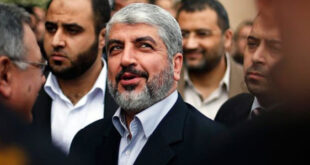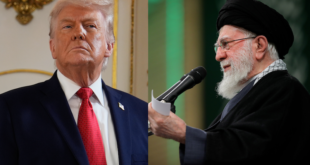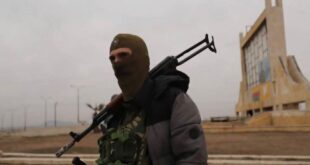Romanian Prime Minister Victor Ponta on Thursday unveiled the 2013 draft budget that targets 1.8-percent economic growth and a public deficit under 2.0 percent.
“In 2013 our obligation is to put Romania back on the track of economic growth,” centre-left Ponta told a press conference.
He added that his government, in power since December, wanted “to close the circle of four extremely difficult years”, including two of severe recession, by restoring the gross domestic product to its 2008 level of around 140 billion euros.
In 2012, GDP is expected to have expanded by 0.7 percent.
“We intend to tighten fiscal discipline, eliminate the waste of public funds and introduce the principle of social equity,” Ponta stressed.
He implicitly criticised the centre-right government in power between 2009 and 2012 for the “inequitable” austerity measures it adopted, including 25-percent cuts in public sector wages and a five-point rise in the VAT tax on goods and services.
As wages have since been restored to their pre-cut levels, Ponta stressed that no more pay hikes were to be expected this year.
He added that he wanted to see the deal concluded in 2011 with the International Monetary Fund (IMF) and the EU “come to a successful end”.
But he admitted that his government had missed on several commitments made to the international lenders, including the failure to sell off major energy and transport companies.
The prime minister added that Romania hoped to conclude a new, precautionary-type agreement with the IMF and the EU, when the ongoing one expires in Mars.
“It would be beneficial both in terms of cheaper borrowing and as a message of stability sent to foreign investors,” he said.
A joint IMF-EU mission is expected in Bucharest next week to examine the draft budget and review recent reforms.
In May 2009, Romania obtained a 20-billion-euro rescue package ($24.7 billion at current exchange rates) from the IMF, the EU and the World Bank in exchange for drastic spending cuts.
In March 2011, the IMF and the EU agreed to provide a fresh credit line of 5.0 billion euros, to be drawn down only in case of emergency.
 Eurasia Press & News
Eurasia Press & News


